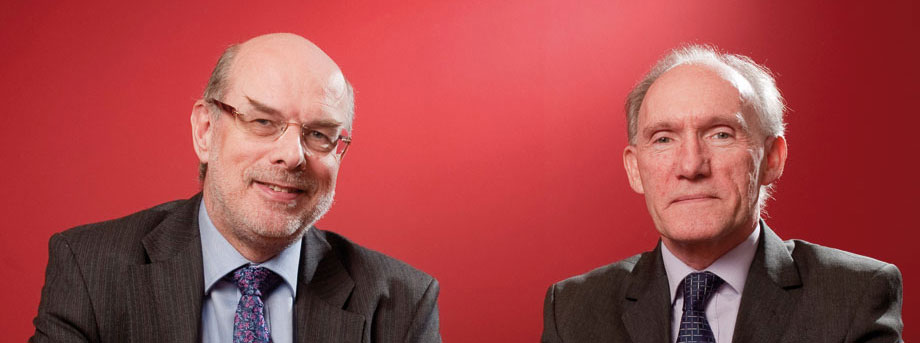A year of success
April 16th, 2012
Against a backdrop of the most challenging time in UK higher education for a generation, a landmark collaboration agreement between the universities of Nottingham and Birmingham is celebrating a successful first year.
This innovative partnership builds on the complementary strengths of the two universities and has enabled the institutions to secure multi-million pound research income, explore new international markets, and develop research collaborations.
The two universities were awarded several million pounds by the Medical Research Council (MRC) and Arthritis Research UK to explore ways to reduce the pain and disability caused by ageing. They are also working on a number of high-profile collaborations in areas such as liver and gastro-intestinal research.
From the outset, a key focus for the two universities was exploring emerging markets and they have made significant in-roads into Brazil. This includes a £480,000 fund for research projects between the Universities of Birmingham and/or Nottingham and Brazilian institutions in São Paulo State, and a scheme with the Brazilian funding council which will see 20 PhD scholarships for Brazilian students across the two universities. Brazil has also seen the first joint appointment of a new in-country officer.
A number of other joint projects, which aim to enhance collaborative working and share best practice among the universities’ professional and administrative teams at are also being developed.
Professor David Greenaway, Nottingham’s Vice-Chancellor, said: “The framework for collaboration between our two universities has focused and expanded some pre-existing links and provided a foundation for new ones. Our partnership has recognised each other’s strengths and used them to leverage and exploit new opportunities, whilst maintaining our distinct identities.
“We are demonstrating the benefit of collaboration in these challenging times for UK higher education, whether this is with each other or with other institutions and partners, both nationally and internationally.”
Professor David Eastwood, Vice-Chancellor of the University of Birmingham, said: “A key challenge facing all UK universities is to enhance services and facilities to students and staff in a more constrained funding environment. Our landmark collaboration has already enabled us to strengthen our research and teaching, share and develop innovations, and diversify income streams. Our strong partnership is delivering strategic advantages and enables us to collaborate in areas where it is mutually beneficial, while we continue to work closely with other leading institutions.”
The universities share characteristics of scale, history, outstanding research, high-quality student experience and international engagement. These latest activities have built on existing collaborations, including involvement in the Midlands Physics Alliance, the Manufacturing Technology Centre, and the Midlands Energy Consortium. The universities are also formal partners in two large Research Council-supported Doctoral Training Centres, one in the area of Efficient Fossil Energy Technology, the other in the applications of Hydrogen and Fuel Cells.
Tags: applications of Hydrogen and Fuel Cells, Arthritis Research UK, Efficient Fossil Energy Technology, Medical Research Council (MRC), Midlands Physics Alliance, the Manufacturing Technology Centre, the Midlands Energy Consortium, University of Birmingham
Comments are closed.
Other News

Need news? See you on SharePoint
After 14 years of service, Campus News is being retired as the university’s staff news platform. […]

Roads and car parks closed for refurbishing work
As part of ongoing road improvements at the university, works will be taking place to resurface […]


